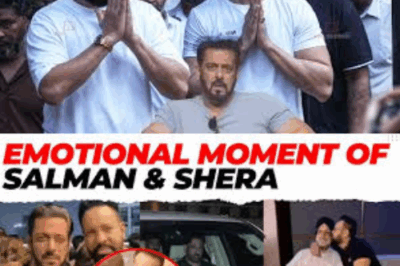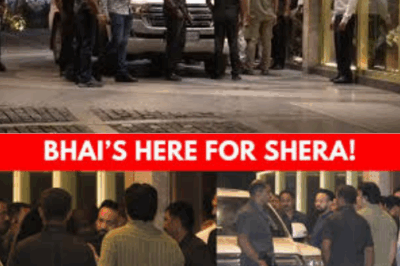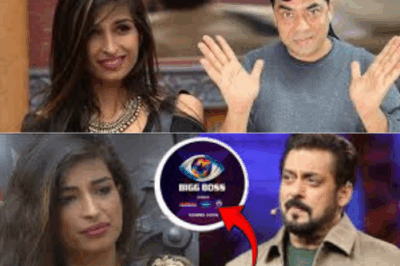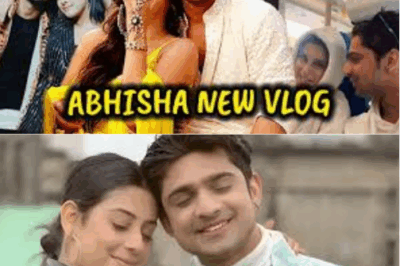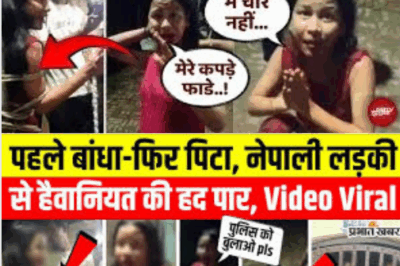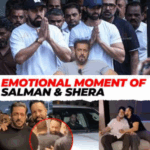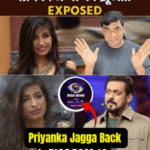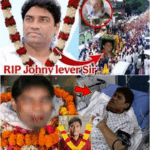Puneet Superstar Was Beaten Up Publicly On The Road In Delhi
In a disturbing turn of events that has left social media users shocked and deeply troubled, popular Bigg Boss contestant and online sensation Puneet Superstar was viciously attacked in public. A viral video circulating online shows Puneet being beaten on the street by a group of individuals in a horrifying display of mob violence. The assault has sparked widespread outrage and concern, not only for Puneet’s well-being but also for the broader implications it has on freedom of expression, the toxic culture of online rivalry, and the rapidly deteriorating line between real life and virtual fame.
The video, graphic and unsettling, begins with several individuals dragging Puneet to the side of a street. Without hesitation, they begin hitting him—slapping his face, kicking him in the stomach, and using their elbows and knees to inflict maximum damage. His shirt is torn, his face turns visibly red, and the sheer force of the attack renders him almost unconscious. At one point, one of the attackers can be seen attempting to choke Puneet, cutting off his air supply as he gasps for breath. All of this unfolds while bystanders look on, some recording on their phones, others standing idly, frozen either in fear or indifference.
The attacker identified in the video is Pradeep Dhaka, a well-known personality in his own right on social media. According to multiple reports, the motivation behind the assault was Pradeep’s long-standing displeasure with Puneet’s content, particularly videos that he found offensive or ‘filthy.’ One of the attackers is even heard in the video saying, “Now make your sewer videos,” referencing Puneet’s often controversial and offbeat content style that, while loved by his fans, has also earned him criticism.
But does creating questionable or distasteful content justify a public lynching? The answer, resoundingly, should be no.
The incident raises serious questions about the state of society and the consequences of internet stardom. Puneet Superstar rose to fame through unconventional means. His quirky videos, loud persona, and unapologetically strange behavior turned him into a meme-machine. While many laughed at him, others followed him fervently. His appearance on Bigg Boss gave him a broader platform, albeit one that he could not hold onto for long due to behavioral issues. Still, his online following continued to grow, and he remained a polarizing figure—adored by many and mocked by others.
What the assault reveals is a growing toxicity in the influencer ecosystem. Online creators are no longer just competing for views and likes—they are battling egos, rivalries, and perceived slights that often spill into real-world confrontations. The line between online banter and real-life conflict has been dangerously blurred. Pradeep Dhaka’s decision to respond with violence rather than simply ignoring or criticizing Puneet’s content online is symptomatic of a much larger cultural problem—where cancel culture, hate comments, and virtual trolling are no longer enough. Physical retribution has become an extension of digital outrage.
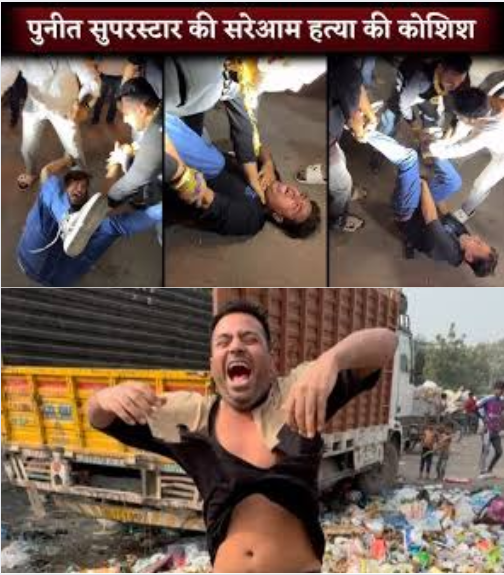
What is even more alarming is the crowd’s reaction—or lack thereof. As Puneet was being mercilessly beaten, not a single person stepped in to stop the assault. Some chose to record it, others simply watched. This bystander effect reflects a chilling indifference to human suffering, one that has become increasingly common in the age of viral videos. There was no attempt to help, no emergency call placed (as far as public information reveals), and no visible concern for the fact that someone might have just lost their life in front of their eyes. The normalization of violence, especially against public figures or influencers, has created an environment where empathy is absent, and cruelty is entertainment.
There has been no official FIR filed in the matter so far, a fact that has only added to public outrage. Questions are being raised about law enforcement and the failure of the system to act swiftly in such a public and visible crime. While digital platforms can remove controversial content within minutes, real-life justice remains painfully slow. Social media users have called for an immediate investigation and the arrest of the attackers, including Pradeep Dhaka. Many argue that if swift action is not taken, it could set a dangerous precedent—where content creators are not just judged online but punished on the streets by vigilantes with personal grievances.
This event also highlights the need for content regulation and responsibility. Puneet Superstar’s content may not be to everyone’s taste, and that is understandable. But viewers always have the choice to ignore, block, or report content they find offensive. Resorting to violence is never the answer. The internet is a vast space—there is room for all kinds of creators, and it is ultimately up to the audience to decide what they consume. Disapproval should translate into constructive criticism or disengagement—not physical assault.
Moreover, this incident forces a discussion about mental health and the pressures of online fame. Many influencers and internet celebrities operate in a space that lacks boundaries. They are constantly under pressure to produce content, stay relevant, and appease an algorithm that never sleeps. In doing so, they often push the envelope too far, creating videos that are outrageous or controversial simply for the sake of engagement. When this backfires, as it did in Puneet’s case, the consequences are devastating. It’s important to remember that behind every viral post is a human being with real vulnerabilities.
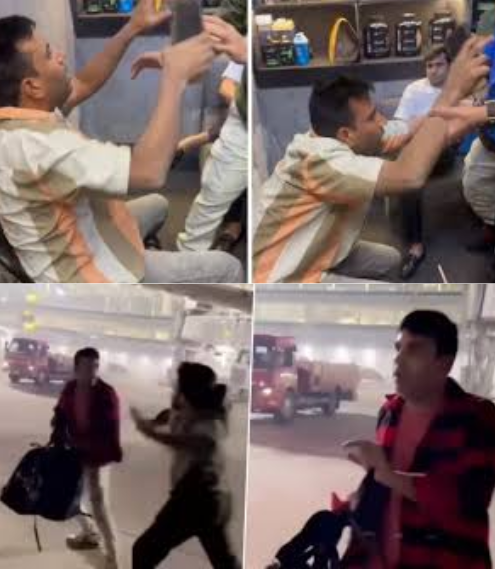
Puneet’s current health status remains unknown, with no official statements from his team or family. However, the video has clearly left a deep emotional impact on those who viewed it. Whether one supports or dislikes Puneet, no one deserves to be treated in such an inhumane way. This is not just about one influencer being attacked; this is about what kind of society we are allowing ourselves to become.
There is also a legal aspect to consider. Assault, especially in public and with clear video evidence, is a criminal offense. If not addressed appropriately, this could embolden others to take similar action against content creators they dislike. It is vital for authorities to treat this case with the seriousness it deserves. The Indian Constitution guarantees freedom of expression. If someone is offended by content, there are legal ways to seek redress. Taking justice into one’s own hands sets a dangerous, lawless precedent.
As viewers and citizens, we must also introspect. What kind of content are we supporting? Are we encouraging creators who exploit mental health for views? Are we complicit in celebrating violence when we share or laugh at assault videos? These are hard questions, but they need to be asked if we want to create a healthier, more humane digital culture.
The case of Puneet Superstar is a grim reminder of the consequences of unchecked fame, unregulated content, and unaddressed hatred. It urges influencers to reflect on the kind of content they are putting out, and it forces audiences to consider how they react to what they see. It demands action from authorities and compassion from the public. No one deserves to be beaten half to death because of a video. And no disagreement—no matter how intense—should lead to street violence.
The internet was once hailed as a democratic space for creativity and connection. But if incidents like this continue, it risks becoming a dangerous battlefield where disagreements are resolved not through dialogue, but through fists and bloodshed. We must collectively decide what kind of digital future we want—for ourselves, and for the generations to come.
Play video :
News
Salman Khan’s Bodyguard Shera and his Son Em0ti0nal Moment after Father Pass.. Away
Salman Khan’s Bodyguard Shera and his Son Em0ti0nal Moment after Father Pass.. Away As I walked into the dimly lit…
Salman Khan Reached At Shera House For Condolence
Salman Khan Reached At Shera House For Condolence The allure of celebrity life often seems glamorous, dazzling, and enviable. Fans…
Bigg Boss 19: Priyanka Jagga’s false claim, Salman Khan kicked her out, now she is lying about her return
Bigg Boss 19: Priyanka Jagga’s false claim, Salman Khan kicked her out, now she is lying about her return As…
Abhishek Kumar AND Isha Malviya NEW Video | Abhisha FANS Are You EXCITED For NEW CHAPTER ?
Abhishek Kumar AND Isha Malviya NEW Video | Abhisha FANS Are You EXCITED For NEW CHAPTER ? In the ever-evolving…
The story of the disaster | Eyewitness accounts of people rescued from Dharali | Uttarakhand Disaster
The story of the disaster | Eyewitness accounts of people rescued from Dharali | Uttarakhand Disaster When the heavens opened…
Bareilly Nepali Girl Beating: Nepali girl beaten up in Bareilly after being mistaken for a thief, video goes viral | Top News
Bareilly Nepali Girl Beating: Nepali girl beaten up in Bareilly after being mistaken for a thief, video goes viral |…
End of content
No more pages to load

